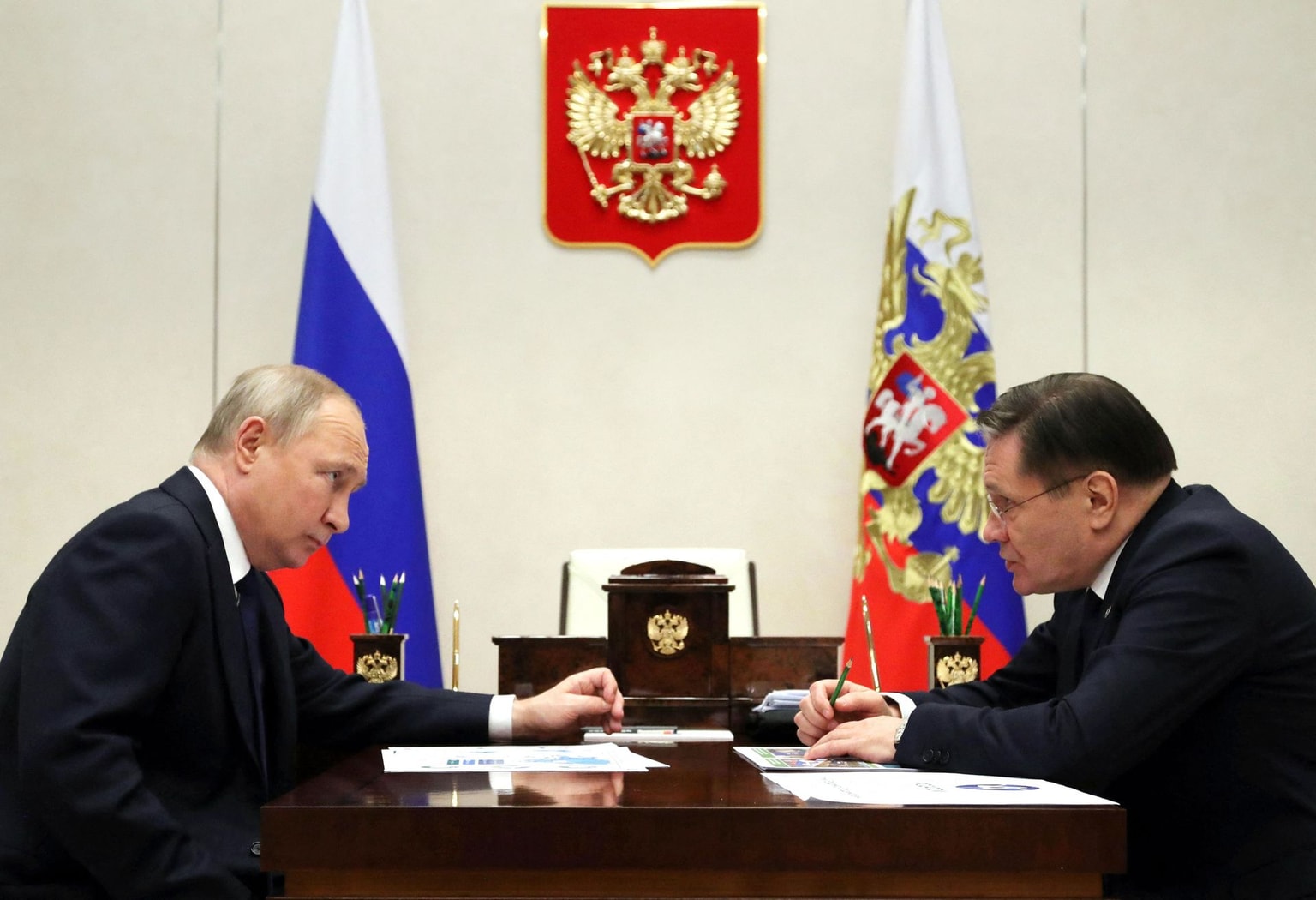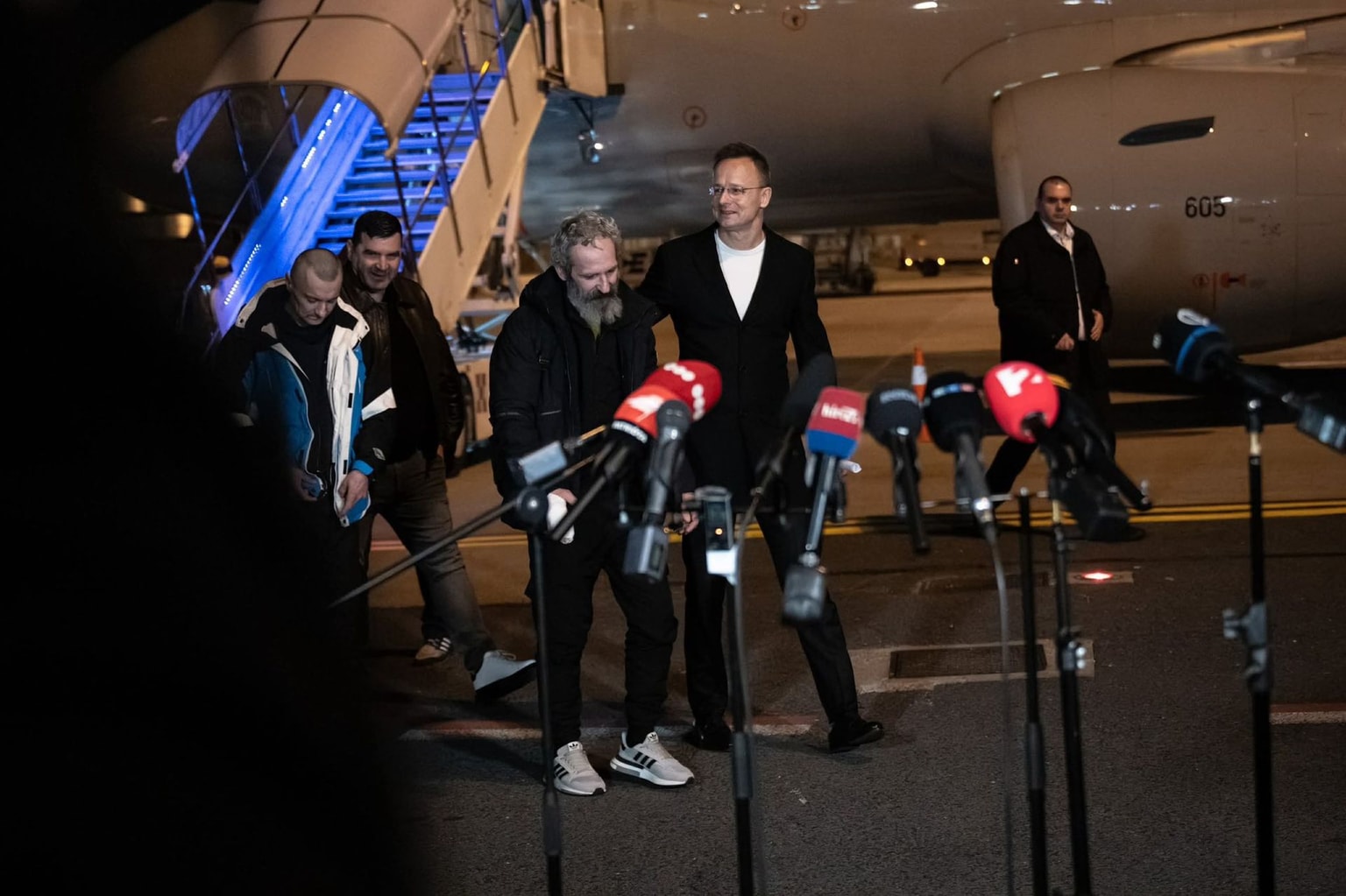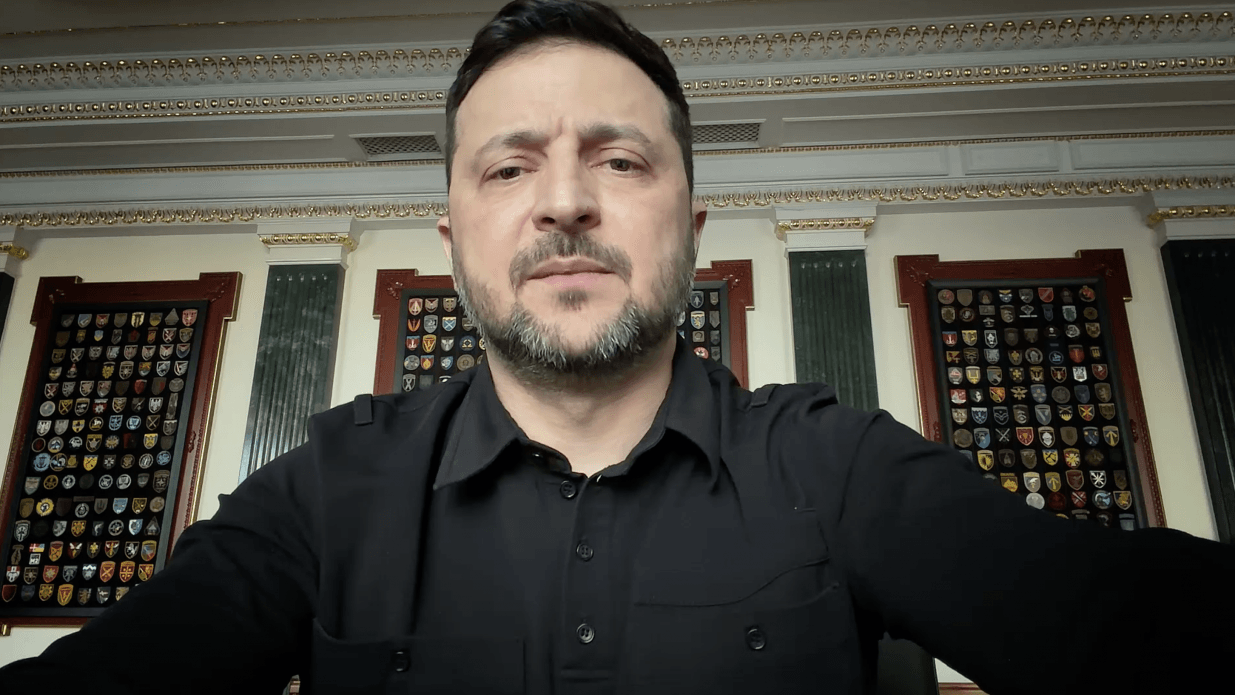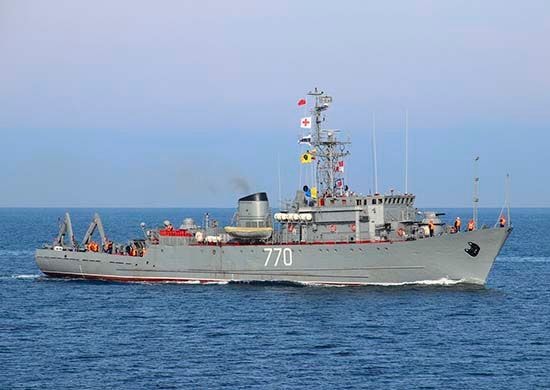
Sanctions against Russia

News Feed
Fox News mislabels Ukrainian Shahed-drone intercept footage as part of American ‘high-tech arsenal’ destroying Iranian drones
U.S. media outlet Fox News aired footage of a Ukrainian interceptor drone destroying a Shahed-type drone but presented the video as showing American drones countering Iranian drones in the Middle East, Ukrainian drone manufacturer Wild Hornets said.

US joins Russia, China in opposing IAEA resolution condemning attacks on Ukraine's energy infrastructure
The U.S. voted against a resolution condemning attacks on Ukraine’s energy infrastructure during a meeting of the International Atomic Energy Agency (IAEA) Board of Governors on March 5, joining Russia, China, and Niger in opposing the measure.

Ukraine war latest: 200 Ukrainian POWs return home in latest exchange, Zelensky says
Ukraine has brought home 200 soldiers held in Russian captivity in the latest prisoners of war (POW) exchange on March 5, President Volodymyr Zelensky announced. The Russian Defense Ministry confirmed releasing 200 Ukrainian POWs in exchange for the same number of Russian soldiers captured by Ukraine, in a swap brokered by the U.S. and the United Arab Emirates. The released Russian POWs are currently in Belarus, receiving medical and psychological assistance, according to the ministry. "Every

Ukraine exports electricity for first time since last year
Ukrenergo told the Kyiv Independent that Ukraine resumed electricity exports on March 5 for the first time since November 2025.

Ukraine to provide US with 'necessary resources' to counter Iranian drones, Zelensky says
Zelensky's statement comes after the Financial Times reported on March 5, citing Ukrainain industry figures, that the Pentagon and at least one Gulf state are holding talks to purchase Ukrainian-made interceptors to counter Iranian drones.

Russia's transfer of 2 Ukrainian POWs to Hungary a 'provocation,' Ukraine says
Kyiv said it was an attempt to worsen Ukraine's relations with Hungary as part of Russia's hybrid aggression against Europe.

Most Popular
As markets opened on March 2, Russian officials were quick to frame the escalating Middle East crisis as an economic opportunity for the Kremlin. Within hours of the first U.S. and Israeli strikes, Russian Envoy Kirill Dmitriev quickly posted on X about crude potentially hitting "$100+" per barrel. Brent crude futures on the London ICE exchange initially had risen 13.04%, peaking at $82.37 per barrel — the highest level in over a year. Prices later eased to $79.38. The spike followed Iran's M

















